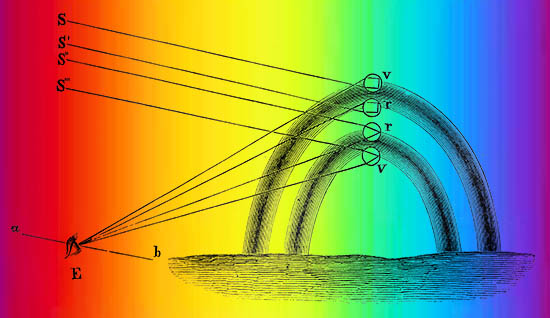The Arc of Inventions
Today, the Arc of Inventions. The University of Houston's College of Engineering presents this series about the machines that make our civilization run, and the people whose ingenuity created them.
Two-thousandth episode -- time for a progress report, I guess: More and more, I've been fascinated with the way long accumulations of inventions add up to give us our primary technologies -- what I like to call the Arc of Inventions. Here's an example:
Many seventeenth-century inventors tried to harness the forces that air or steam could exert. We had working steam engines in the early eighteenth century, and James Watt made splendid improvements late in the century. After Watt, steam power was the norm, and steamboats and railways rose up as the new technological marvels.
A steam-powered world reflected the imagination of thousands of creative people. Watt holds a special place in that two-century process, no doubt. He is a fine exemplar, even if he was only a large flash in a long arc of creative light. Besides, it'd be impossible to name everyone on whose shoulders one giant stood.
Historians detest the word inevitable. But it had, since Galileo's time, been inevitable that gases and vapors would, one day, power machines. That's why I'm drawn to the idea of a Zeitgeist -- a spirit of the times. If it hadn't been piston steam en-gines, it might've been turbines, or forms of internal combustion. We would certainly have found a way to make gases do our labor.
Now and then, we converge in our sense of what's possible and what we will accomplish. Still, communal though that sense may be, it takes the fire of individual invention to bring the inevitable about. Individuals shape the path. When James Watt stepped onto a well-worn road, he brought his own special majesty to it.
Talk of inevitability reminds us of religious debates over predestination and free will. Small wonder historians dislike it. But then, what was inevitable was not Watt's steam engine. It was that forces exerted by gases would come to serve us in some way.
Suppose that one of the early thinkers had caught pneumonia, died, and broken the chain of invention that we know. Watt might've continued as a fine instrument-maker while others directed the Arc of Inventions differently. We would've found our way to engine power by another route.
That's because you and I listen to the drum; we sense the Zeitgeist. Our perception, our imagination, is the reason giants exist. The long Arc of Inventions promises the birth of a major technology the moment possibility and desire are wed.
But then, the arc's multi-colored path might cross centuries before it reaches its pot of gold. After it has, we look back and pick our exemplar at the apogee -- not at the start, nor do we choose the maker of the finished form. We pick our hero from the high tide, where invention appears to function most effectively.
And, what else can we do? We simply have too many names to remember -- your name, my name. And who was that down the hall, the person whose idea you and I built upon last week?
I'm John Lienhard, at the University of Houston, where we're interested in the way inventive minds work.
The ideas here are fully developed in a forthcoming book: J. H. Lienhard, How Inventions Begin (contract pending, 2006).
